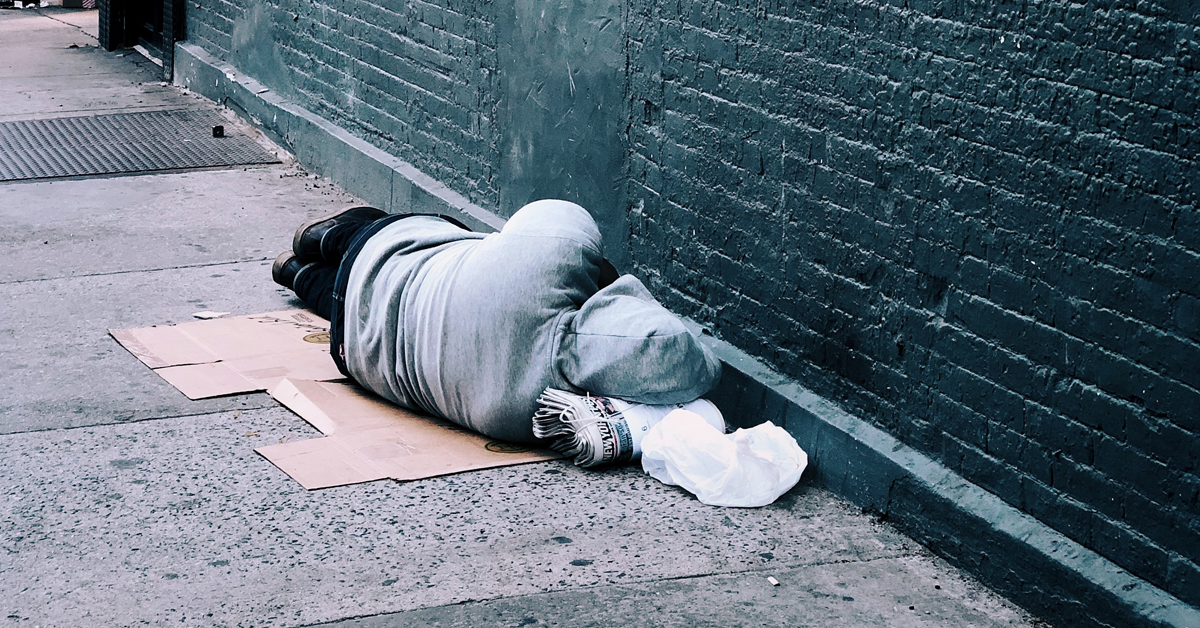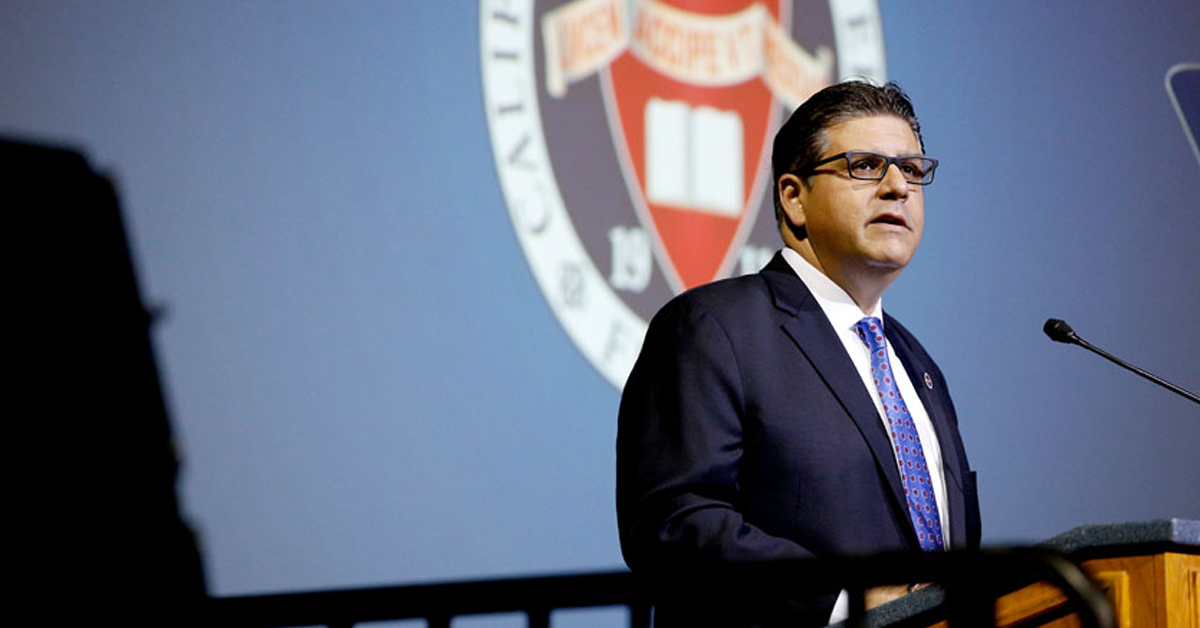California’s historic $75.7 billion surplus, touted repeatedly last week by Gov. Gavin Newsom during his pre-budget revision blitz, is actually half the size, the state’s independent Legislative Analyst’s Office said on Monday.
What drove the chasmic gap in funds between Newsom’s office and the legislative watchdog?
How you define a surplus.
In a report issued Monday, the LAO found that Newsom included “constitutionally required spending on schools and community colleges, reserves, and debt payments” as part of the calculation of the state’s surplus.
“We do not consider these spending amounts part of the surplus because they must be allocated to specified purposes,” the LAO said in its report.
It’s not the first battle over financial verbiage Newsom has undertaken. He faced similar flack for declaring a proposed $600 stimulus payment to middle and low-income Californians as a “tax rebate.”
However, tax rebates – as a matter of principle – are issued across the board to taxpayers.
Newsom’s May revision to the budget included nearly 400 spending proposals. Capitol watchers referred to a number of proposals as turning the Governor into a Santa Claus of sorts.
“We have heard the Governor’s lofty promises and rhetoric before,” Asm. Vince Fong (R–Bakersfield) said after Newsom’s budget announcement on Friday. “California has staggering crises and problems: homelessness, housing affordability, lack of affordable and reliable energy, need for more water infrastructure to endure droughts, wildfires, EDD mismanagement, bad business climate, and high cost of living forcing Californians out of our state.
“We do not have a revenue problem in our state, we have an incompetent government that cannot fix the basics in our state. We need a new direction that actually achieves real results for all Californians.”
Sen. Andreas Borgeas (R–Fresno) argued that Newsom’s spending spree was tied to buying off voters to beat back the state’s impending recall vote in the Fall.
“The Governor’s use of unanticipated revenue for one-time investments may give Californians a short term boost from the pandemic, but many of these programs are unsustainable and impractical in the long run,” Borgeas said. “California taxpayers are funding the billions of dollars in Recall Rebates being distributed by the Governor. Instead of throwing around billions, and at speeds where accountability and efficacy processes remain questionable, I would encourage the Governor to focus on long-term, sustainable strategies to solve our state’s issues surrounding homelessness, housing affordability, education, water infrastructure, economic growth and wildfires.”










